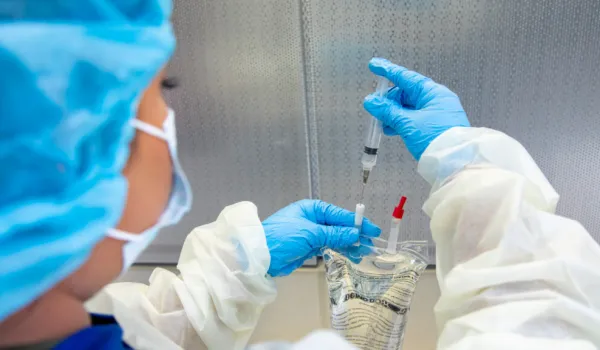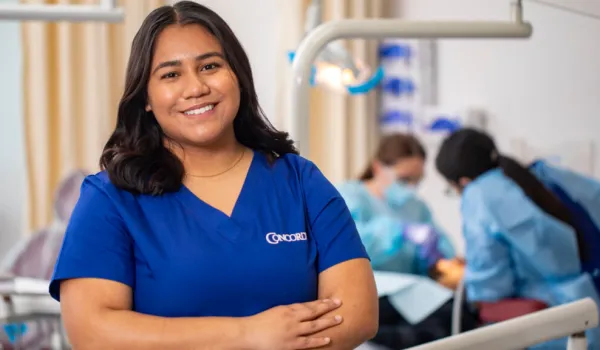
The beginning of the 20th century brought the introduction of highly sophisticated, precise medical instruments that provided previously unknown levels of detail about patients. Today, those instruments - including the thermometer, the stethoscop, and the X-ray machine - are commonplace. But at the time of their introduction, these technological wonders changed the face of medicine.
Over the next 100 years, medicine continued to evolve, with the unveiling of increasingly sophisticated methods of gathering data. The changes required an ever-expanding body of knowledge among medical professionals, which led to specialization. In the 1930s, about 25 percent of doctors were specialists, notes Health Guide Info. By 1980, about 80 percent of doctors worked in a specialized field.
In the modern medical environment, technological evolution occurs at a dizzying pace. New technologies seem to appear on a daily basis, and students and patients alike wonder how they can keep up. The first step is understanding the primary categories in which the medical field is evolving.
POPULATION SCIENCE
In recent years, new technology has enabled the detailed study of populations for improved treatment of epidemics. The Huffington Post observes that easy access to vast amounts of patient data now allows medical professionals to analyze life spans, death rates, illness frequency and other vital metrics.
ELECTRONIC MEDICAL RECORDS
Billing and coding are part of the behind-the-scenes engine that powers the medical industry, and they've made tremendous strides in recent years. Tasks have largely shifted from paper-based to digital formats, largely due to the advent of electronic medical records. Digitization of records also has revolutionized care by allowing providers to see a patient's history with the click of a mouse.
REMOTE PATIENT MONITORING
Demand has skyrocketed for remote care options, and the technology in this area is improving rapidly. Science Daily reports that current advances include systems that allow monitoring of patient vital signs at home, including sensors that can be concealed and, thus, have the least possible impact on the person being monitored.
WHAT DOES THE FUTURE HOLD?
Researchers expect even more profound technological changes affecting the medical field in the coming years. Medical nanotechnology is expected to lead to significant improvements in diagnostic techniques and in the development of "smart" drugs, the Nanotech Project reports.
Biomedical engineering offers opportunities in tissue and organ replacement, according to the Johns Hopkins School of Medicine. And robotics, already making waves in the medical world, will continue to advance. The National Institutes of Health describes robotic surgery, a technique that's already allowing surgeons to use smaller incisions and to better see areas to be treated.
KEEPING UP WITH A RAPIDLY CHANGING ENVIRONMENT
In a world that has quickly become digitally connected, advancing technologies allow medical professionals to constantly streamline systems and processes. For patients and students, keeping up can present challenges.
Advanced knowledge is readily available through reputable publications like Science magazine or through online searches of the latest academic and governmental research. When it comes to personal treatment, the wisest course of action for patients is to follow the advice of knowledgeable medical professionals. Students seeking to stay informed about the latest technological advancements can consult their professors and other experts affiliated with medical academic programs.
Sources:
//www.nanotechproject.org/inventories/medicine/
//www.bme.jhu.edu/research/cell-tissue-engineering
//www.nlm.nih.gov/medlineplus/ency/article/007339.htm
Take The Next Step Towards a Brighter Future
We have a Concorde representative ready to talk about what matters most to you. Get answers about start dates, curriculum, financial aid, scholarships and more!




